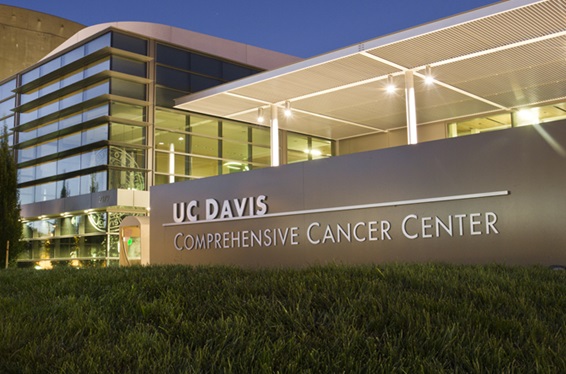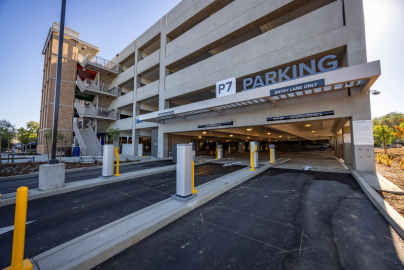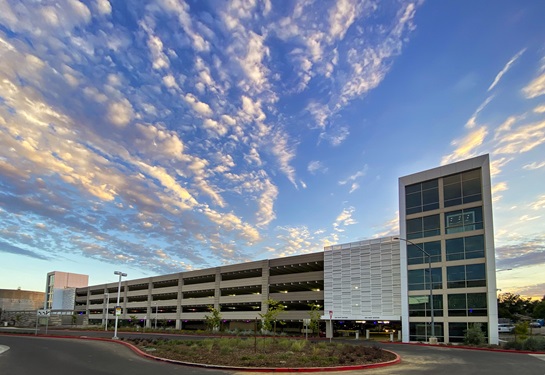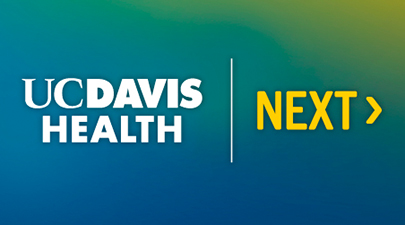UC Davis Health earns national accolades for oncology programs
Becker’s Hospital Review recently recognized UC Davis Health as one of “100 hospitals and health systems with great oncology programs.”
“These leading institutions have earned national distinction for advancing cancer care through groundbreaking research, innovative treatments and transformative clinical trials,” Becker’s announced in a statement.
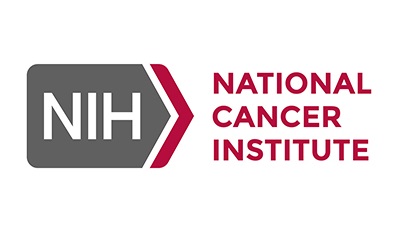
UC Davis Health, along with many of the cancer programs featured in the listing, holds prestigious National Cancer Institute designations and consistently ranks among the nation’s top cancer care providers, as recognized by U.S. News & World Report, Newsweek, and other organizations.
“This list highlights cancer centers led by world-renowned experts who are driving innovation, ensuring patient safety, and pushing the boundaries of what’s possible in cancer treatment and research,” Becker’s noted.
UC Davis Comprehensive Cancer Center
The UC Davis Comprehensive Cancer Center – the only NCI-designated center serving inland Northern California – reaches a 6-million-person region. The center provides care to more than 100,000 adults and children annually and offers approximately 300 active clinical trials across phases 1–3, including regionwide phase 1 access through the Sacramento Citywide Oncology Phase I program.
An innovative research enterprise of nearly 260 scientists, the cancer center received more than $12 million in cancer-related funding supporting 108 projects in 2024, leveraging collaborations across the school of medicine, medical center, children’s hospital and the Institute of Regenerative Cures.
One distinction is that UC Davis Health uniquely manufactures CAR T-cells on site, making it the only University of California campus to do so. The health system is also working to advance precision therapies, such as targeted molecular theranostics.
UC Davis Health developed the world’s first total-body PET scanner, “EXPLORER,” and paired the Ion robotic bronchoscopy system with Cios Spin 3D imaging, which can help provide earlier lung cancer diagnoses.
In 2025, oncology researchers moved into the $1 billion Aggie Square innovation district to accelerate collaborations and translations with industry partners. Equity-focused initiatives include the center’s community outreach and engagement office and the new 45-foot “MobileMammo+” program for rural screenings. Meanwhile, a comparative oncology program with the nation’s top veterinary school on the Davis campus drives translational trials in companion dogs to inform human cancer care.

